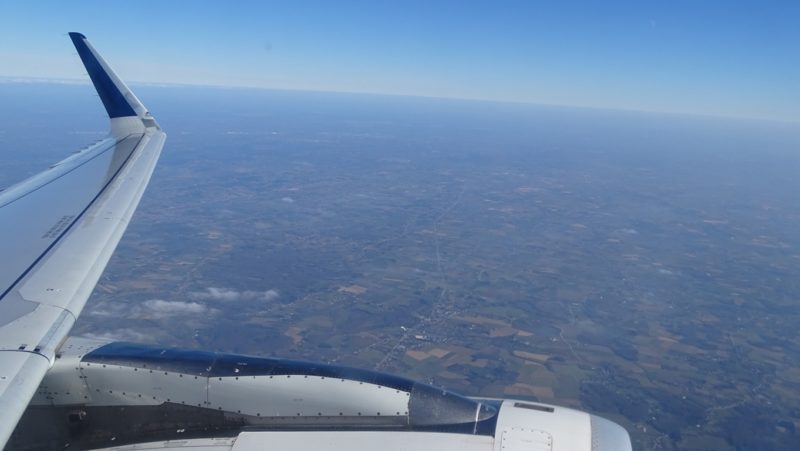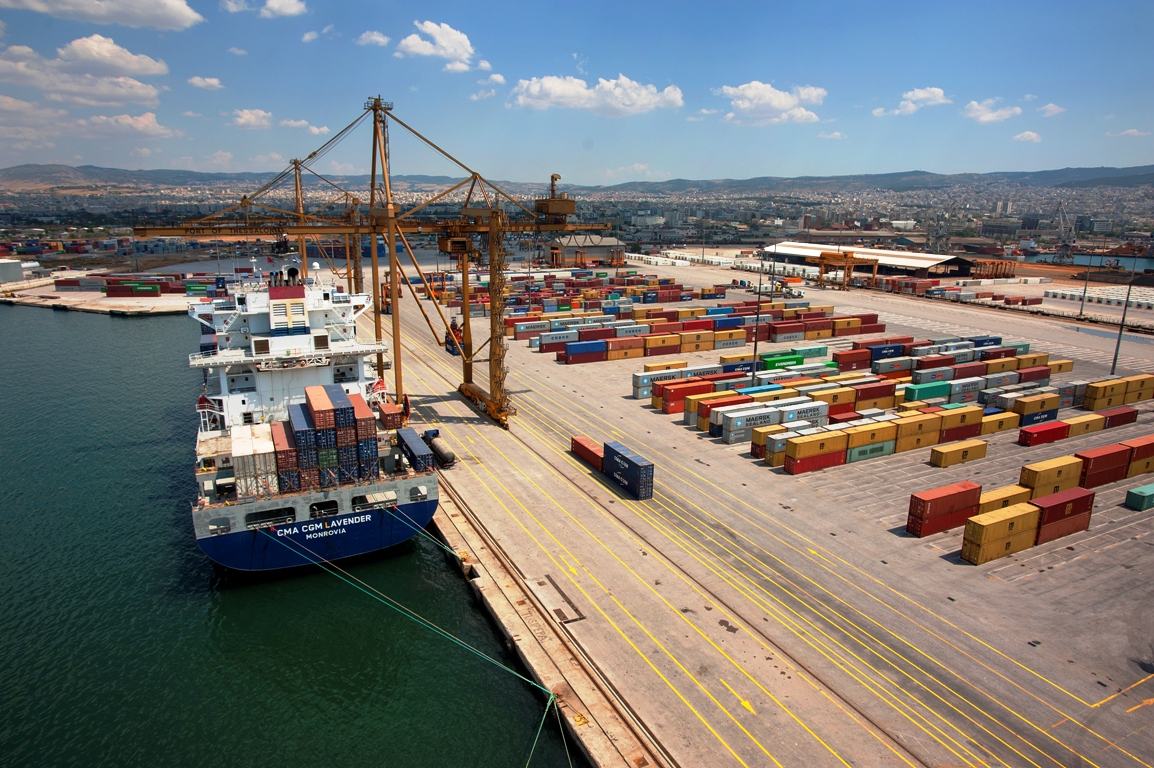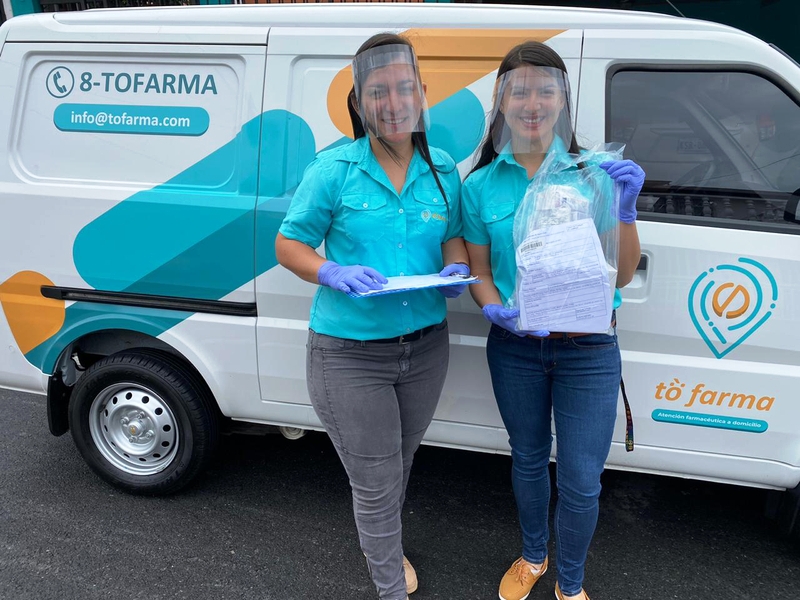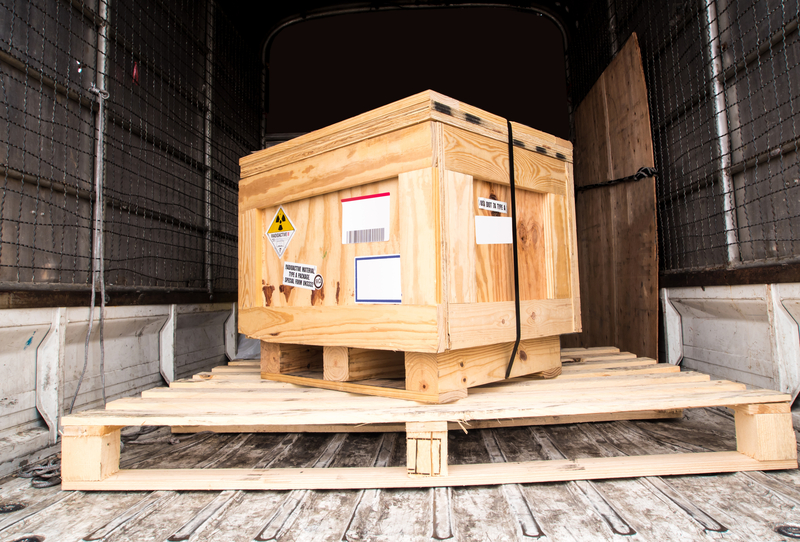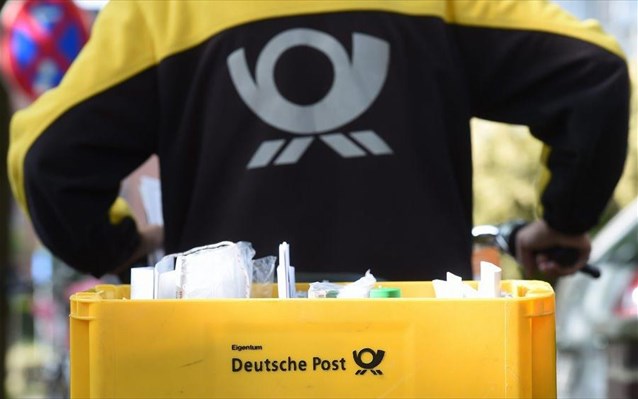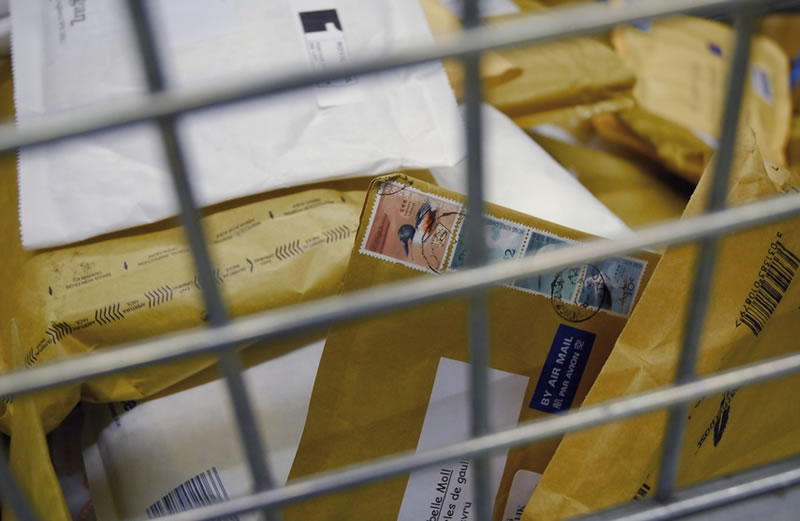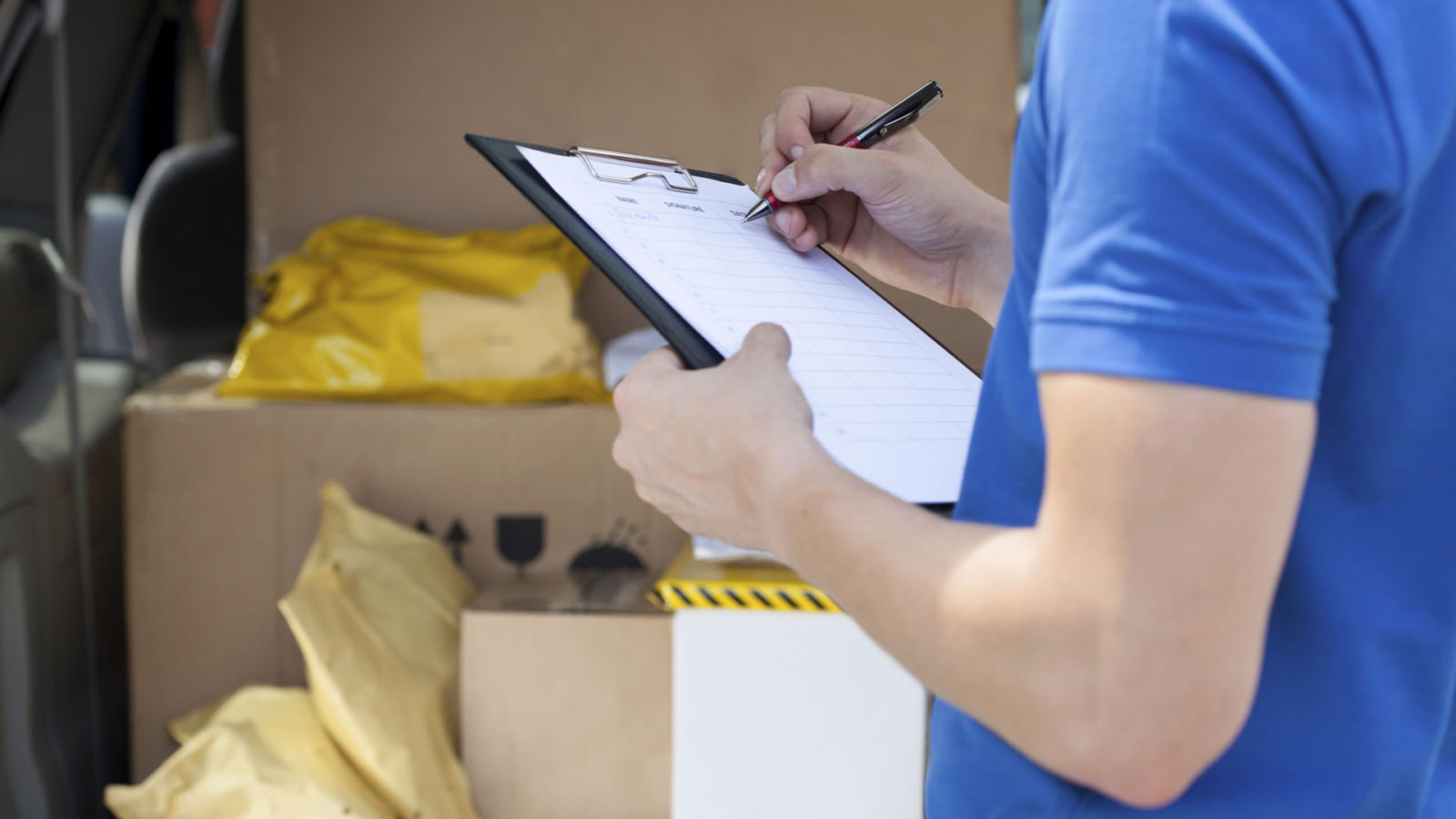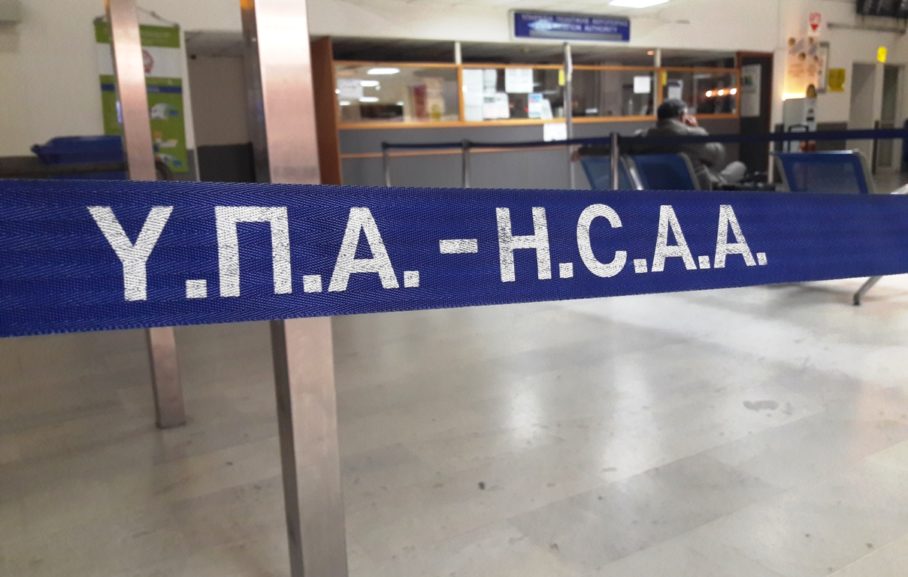Often, this work has involved creating new partnerships and business models. From Costa Rica Post joining forces with car rental companies to deliver medicines, and Vietnam Post using its mapping expertise to help the government keep track of COVID-19 infections, to Azerpost delivering food for charities.
Recognising the dynamic response by postal operators to the health and economic crisis, the UPU set up a platform to gather and highlight information about these real-life examples of social, financial, business and trade innovations.
Posts around the world have engaged with the UPU’s new knowledge-sharing platform and this input has been shared by the organization through news stories and technical commentaries. It has also been a very useful resource for those making the case to national governments that Posts are an essential service.
UPU’s director of Policy, Regulation and Markets, Siva Somasundram believes the project is beneficial for Posts, the UPU, NGOs and private sector stakeholders, particularly those whose corporate social responsibility objectives are aligned with the public policy objectives of the UPU.
“When we are requesting greater government support for the Post and an expanded role for the Post in their implementation of government social policies, we can point to these examples, case studies and commentaries,” he said.
Costa Rica’s example gives an indication of the fresh thinking on partnerships. Correos de Costa Rica had already teamed up with the health care system to deliver medications to people’s doorsteps via its FarmaCorreos platform. However, the Post took the unusual step of working with private car rental companies to expand their capacity to deliver medicines to people with chronic health conditions.
A number of private car rental companies whose fleets of cars were idle due to the pandemic, made some of their vehicles, drivers and petrol available out of solidarity. This collaboration allowed Costa Rica Post to deliver to more than 350,000 people.
Meanwhile, Vietnam Post used its mapping expertise to help develop a smartphone app (NCOVI) for COVID-19 control and prevention in collaboration with the Ministry of Health, the Ministry of Information and Communications, and the Hanoi University of Engineering and Technology
The NCOVI app was widely adopted. Through the technology, members of the public are encouraged to make voluntary medical declarations which are then used to map infection levels nationwide. It is also an official channel for state agencies to communicate to the public about the disease response. It displays high-risk and quarantine areas, as well as locations where people can be tested for COVID-19 and the hospitals treating COVID-19 patients.
This map is also vital to the broader government response, supporting decision-making by the COVID-19 National Steering Committee.
The pandemic has also disrupted the work of charities both in fundraising and distributing aid to the needy everywhere, including Azerbaijan. In collaboration with a number of state and public organisations as well as private entrepreneurs, Azerpost took on the job of delivering food parcels to households in need.
Azerpost is well on the way to meeting its target to deliver 100,000 parcels to older people and low-income families.
Thanks to the UPU platform, there is no shortage of inspiration for Posts that want to find new ways to support citizens and government ministries at this difficult time.
It is becoming more widely acknowledged that Posts play a critical role in facilitating the universal service objectives of governments, Mr Somasundram observes.
“In doing so, Posts help governments to build more equal, inclusive and sustainable economies and societies. These strengths make the postal network a unique and essential service and a natural partner to governments, especially in times of crisis.”
(UPU)

